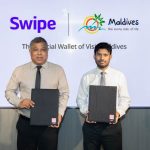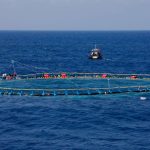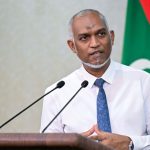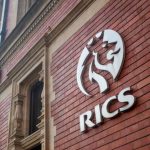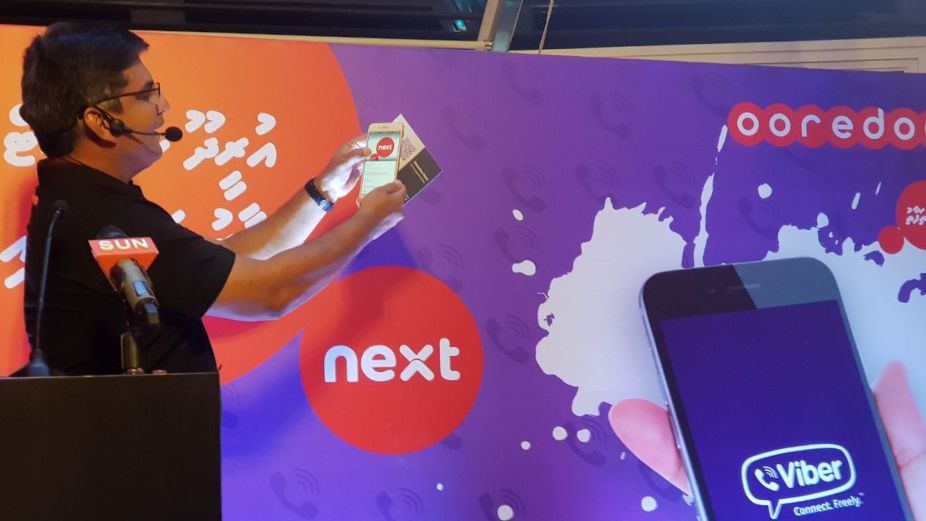
There was a time when digital inclusion in the Maldives was measured in megabytes and mobile coverage. But as the nation’s technological footprint expanded, a new question emerged: were communities ready to truly live digitally?
That question found its answer in a small island in Noonu Atoll, N. Landhoo, where residents, council, and service providers have come together to create something unprecedented: the Maldives’ first Digital Island.
Launched under Ooredoo Maldives’ wider commitment to building a Digital Maldives powered by AI, the transformation of Landhoo goes far beyond infrastructure. It marks a shift in thinking. This is about readiness not only to use digital tools, but to understand them, trust them, and build a way of life around them.
The Ooredoo Digital Island initiative was developed in close partnership with the Landhoo Council. This relationship proved key to its success. Together, they focused not only on bringing technology to the island but also on helping the community embrace it. That meant more than providing connectivity. It meant creating real-world use cases, building trust, and integrating digital services into daily life.
At the centre of this shift is m-Faisaa, Ooredoo’s digital wallet. Today, 40 percent of the island council’s income is collected through m-Faisaa. Soon, 100 percent of the waste collection fees on the island will also be paid digitally. Across Landhoo, 65 percent of retail transactions, including those in shops, cafés, and guesthouses, are now processed through m-Faisaa.
These are not isolated statistics. They reflect a community-wide pivot to digital living. They show that digital readiness is no longer just a policy goal or a corporate vision. It is happening in the lived experience of islanders.
What sets Landhoo apart is not just the availability of tools like the Ooredoo Super App, Moolee e-commerce, or Fiber broadband SuperNet, but the way these services have been understood and adopted. Residents now experience everyday convenience through cashless payments, digital shopping, and simplified council services. These changes make the case for a more efficient, transparent, and inclusive future.
President of the Landhoo Council, Abdul Azeez Mohamed, emphasised the council’s commitment to leveraging technology to enhance public services and improve the quality of life for residents. His remarks reflect the local leadership’s proactive approach to integrating innovation into governance and service delivery.
Ooredoo Maldives CEO, Khalid Al Hamadi, highlighted the island’s digital maturity, noting that a significant majority of Ooredoo’s transactions in Landhoo are now conducted digitally. He pointed to this as evidence of the community’s strong openness to adopting digital solutions in everyday life.
This shift also aligns with broader goals. The Digital Island initiative supports the UN Sustainable Development Goals by advancing women’s economic empowerment, encouraging small business growth, and driving inclusive economic participation through digital financial inclusion.
Landhoo is the first, but it will not be the last. The lessons from this pilot are already shaping how Ooredoo approaches the potential of other communities across the country. The success in Landhoo proves that when technology is introduced with care, community engagement, and real purpose, adoption becomes organic.
This is not a story about a company launching a new service. It is about a community reshaping its rhythm of life, its habits, and its relationship with the future. It is about what happens when digital transformation is not something that happens to people, but with them.
In the heart of Noonu Atoll, the digital Maldives is no longer a vision. It is already underway.





